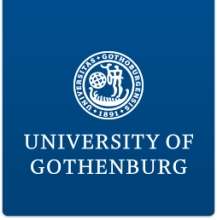Resource information
The aim of the present paper is to investigate whether households relocated to government- built village settlements, as part of Rwanda’s Villagisation programme (‘Imidugudu’), diversify into non-farm income-generating activities to a greater extent than other rural households in Rwanda, and if so, to what extent the variation can be explained by differences in micro-level asset and meso-level access factors. Despite the programme objective to stimulate non-farm activity, the results of empirical estimations drawing on household and community-level data suggest that Imidugudu households differ surprisingly little from other rural households in terms of diversification into non-farm income sources. The slightly greater participation in non-farm income-generating activities observed among the Imidugudu households can be attributed to regional variation and household characteristics mattering for selection into the programme rather than to asset endowments and improved service access.


